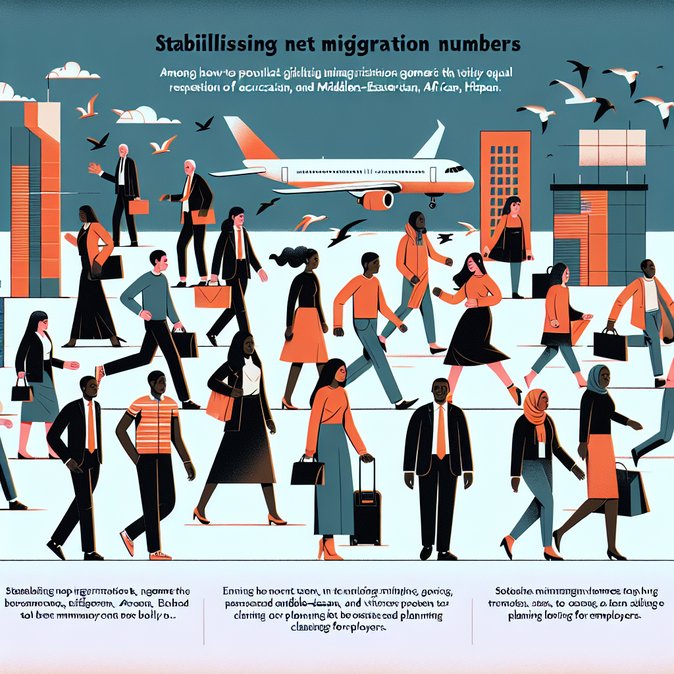
In a policy note released late on 26 November, the UK Council for International Student Affairs (UKCISA) criticised the government’s plan to impose a £925 per-student annual levy on English universities’ income from international students, starting in the 2028-29 academic year. The measure, first trailed in May’s Immigration White Paper, was confirmed in Budget documents and is subject to technical consultation.
UKCISA argues the levy will force institutions either to raise already-high tuition fees or divert funds from student support services at a time when global competition for talent is intensifying and visa and health-surcharge costs have escalated. A Public First study cited by UKCISA warns of “material and long-lasting” damage to the UK’s education export sector, currently worth £41 billion.
![Student-Sector Levy on International Fees Draws Fire from UKCISA After Budget Detail Published]()
Under the proposal, each provider receives an allowance covering the first 220 international students; revenue above that threshold is taxed at £925 per head. Smaller and specialist institutions may be shielded, but the Russell Group estimates a collective hit of more than £500 million per year across the sector.
For corporate sponsors and business schools the levy could translate into higher course costs and reduced bursary budgets. It also risks undermining the Graduate Route’s attractiveness if students perceive diminished return on investment. Education mobility planners should factor potential fee rises into long-term budgeting for sponsored employees.
The Department for Education says the levy will fund regional skills initiatives and relieve pressure on public services in areas with large student populations, but it has pledged further engagement with sector bodies before legislation is drafted in 2026.
UKCISA argues the levy will force institutions either to raise already-high tuition fees or divert funds from student support services at a time when global competition for talent is intensifying and visa and health-surcharge costs have escalated. A Public First study cited by UKCISA warns of “material and long-lasting” damage to the UK’s education export sector, currently worth £41 billion.

Under the proposal, each provider receives an allowance covering the first 220 international students; revenue above that threshold is taxed at £925 per head. Smaller and specialist institutions may be shielded, but the Russell Group estimates a collective hit of more than £500 million per year across the sector.
For corporate sponsors and business schools the levy could translate into higher course costs and reduced bursary budgets. It also risks undermining the Graduate Route’s attractiveness if students perceive diminished return on investment. Education mobility planners should factor potential fee rises into long-term budgeting for sponsored employees.
The Department for Education says the levy will fund regional skills initiatives and relieve pressure on public services in areas with large student populations, but it has pledged further engagement with sector bodies before legislation is drafted in 2026.


